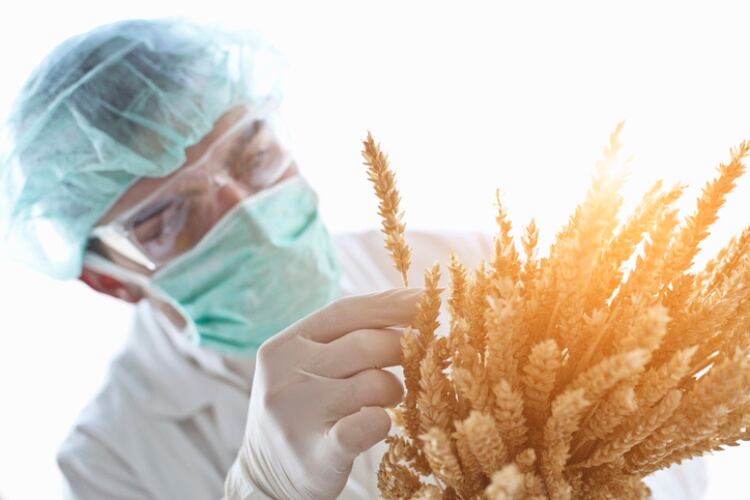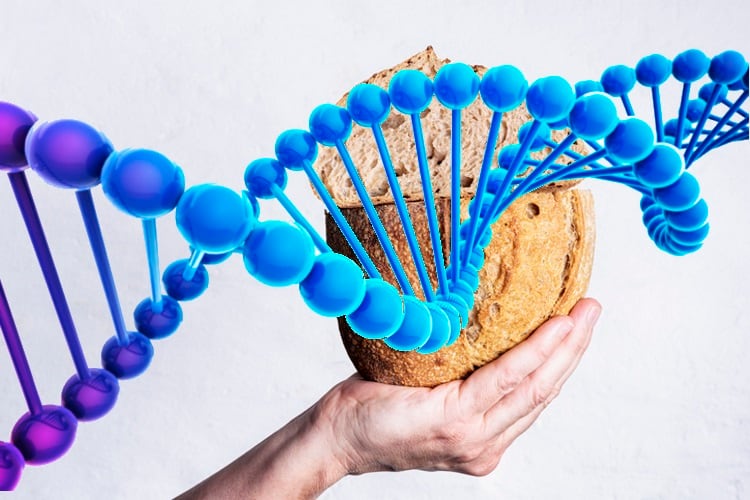The university will lead the Feed the Future Climate Resilient Cereals Innovation Lab (CRCIL) to further the breeding of genetic materials of millet, wheat, rice and sorghum to make them more accessible to those at risk of hunger and malnutrition.
The project’s goal is to sustainably double food production by 2050.
However, to get there, Jagger Harvey, research professor of K-State’s plant pathology department and a director of CRCIL, said researchers will have to overcome “a perfect storm of dwindling and degrading arable land, less water and under worsening climatic conditions that are also accelerating pest and disease-associated crop losses.”
Climate-proofing cereal germplasm
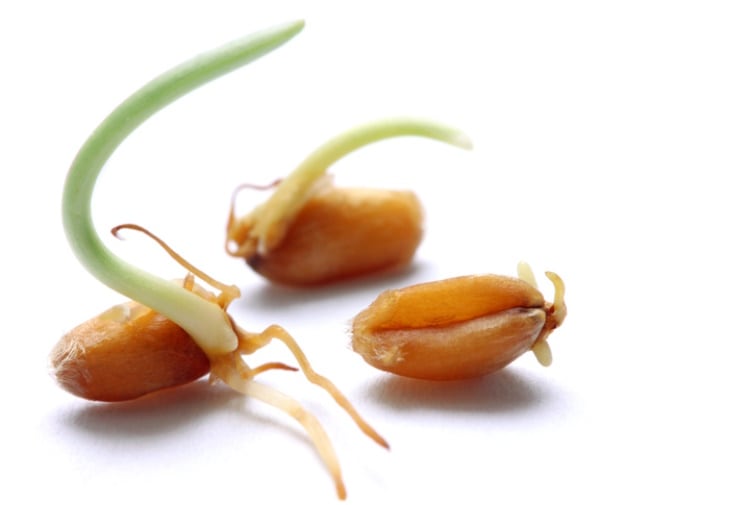
“CRCIL unleashes the strength of the US land-grant system and our global partner network to better climate-proof cereal germplasm, bolstering future food and nutritional security and in turn, increasing global security and prosperity,” added Prof Harvey.
“Thanks to USAID's generous support, we have assembled a top-tier, diverse consortium of scientists to collaborate with front-line cereal improvement experts leading efforts in partner countries.”
The CRCIL consortium includes US university partners (K-State, Clemson, Cornell, Delaware State, Louisiana State and Florida) and international partners in South Asia, Eastern and Western Africa and Latin America. RTI International, the African Women in Agricultural Research for Development and Seeds2B are providing additional support.
“The CRCIL consortium assembles a tailored set of crop-agnostic advanced science expertise, so partner country breeders can super-charge their climate resilience cereal improvement efforts,” said Prof Harvey.
“Each consortium partner brings critical, complementary expertise and science leadership across a holistic range of relevant scientific spaces.”
Breadbasket of the US
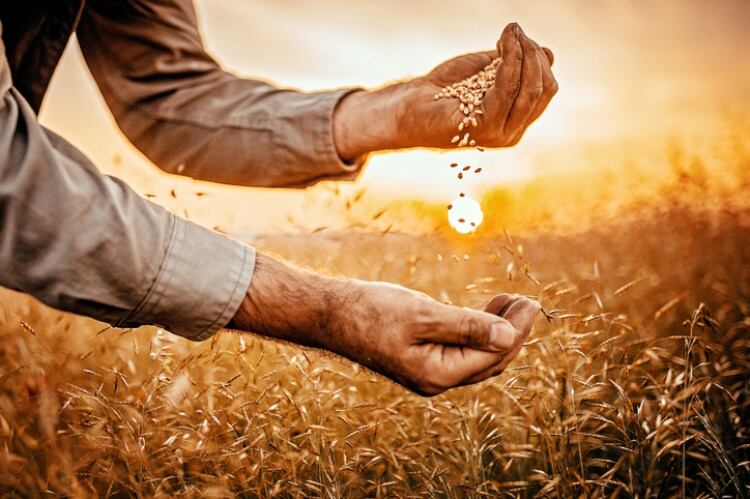
Kansas is no stranger to harsh climatic conditions impacting cereal production, which “makes K-State the perfect home for this new initiative,” said Prof Harvey.
Considered the breadbasket of the US - Kansas is the largest wheat producer in the US - climate change is starting to threaten historic productivity gains and make yields more variable. Higher temps mean thirstier crops and drier soils, but rainfall is becoming less dependable and groundwater levels are being depleted.
As such, Kansas farmers are exploring various strategies to make their farms more resilient. One promising approach involves climate-proofing agriculture, which means switching to crops that require less water.
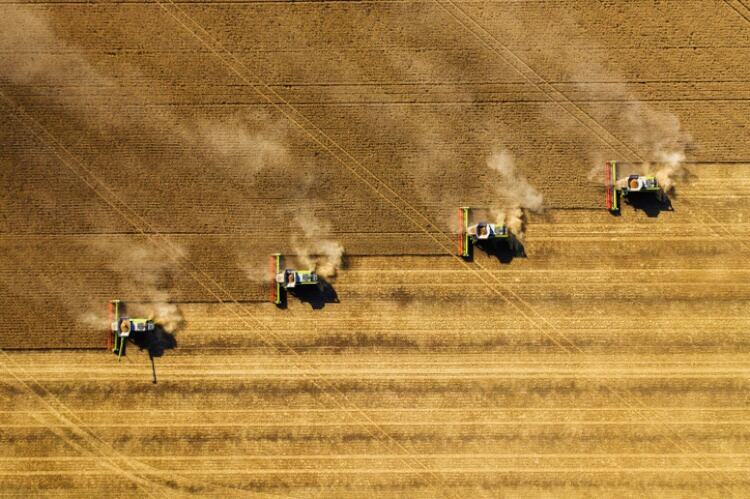
The $22m award - which has an overall ceiling of $37m - will be used to support plant-breeding technologies - such as phenotyping with unmanned aerial vehicles, next-gen DNA sequencing and genotyping, crop modelling and AI simulations and speed breeding - to programmes around the world.
“Ultimately, this research will help improve germplasm to be more resilient to abiotic stresses (drought and heat), biotic stresses (disease) and meet consumers' preferences for safe and nutritious food,” said Prof Crain.
The next-gen seeds will be made available to cereal breeders and ultimately to farmers both at home and abroad, especially in the developing countries hardest hit by the climate crisis. East Africa, for example, is currently facing its worst drought in 40 years, displacing a million people and threatening many more with famine. Geopolitical instability like Russia’s invasion of Ukraine are further eroding global food security by reducing the availability of cereals to developing countries.
“More than 50% of the world's caloric intake comes from cereals, and with the exception of maize, CRCIL is dedicated to identifying and using genetic variation to improve farmers’ production and consumer’s acceptance of the top vital cereals,” said Jared Crain, a research assistant professor at K-State and associate director of CRCIL.
Next-gen university
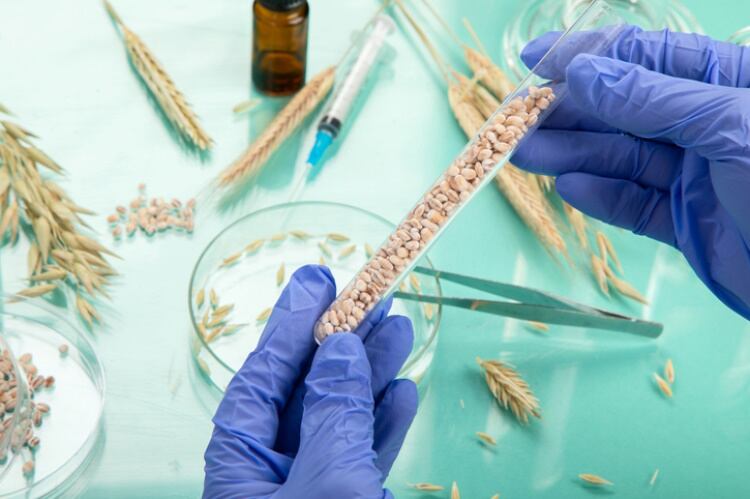
CRCIL is the fifth innovation lab award that K-State has received through Feed the Future, the US government’s global hunger and food security initiative. Over the past decade, USAID has invested almost $128m in K-State innovation labs to advance research in sustainable intensification, sorghum and millet, post-harvest loss and wheat genomics.
“CRCIL is an ambitious project that launches K-State to be a next-gen university that transforms lives around the world and in Kansas,” said Ernie Minton, the Eldon Gideon dean of K-State's College of Agriculture. K-State Distinguished Professor Eduard Akhunov and the university’s Wheat Genetics Resource Center will be contributing expertise in genomics, bioinformatics and genome editing.
Dina Esposito, Feed the Future deputy coordinator and USAID’s assistant to the administrator for Resilience, Environment, and Food Security, added, “USAID is pleased to continue our partnership with Kansas State University through the Feed the Future Innovation Labs, which are driving novel solutions to tackle hunger and poverty.
“Advancing this work is critical to generating a pipeline of climate-adapted crops so we can strengthen the resilience of small-scale farmers and meet their current and future needs.”


